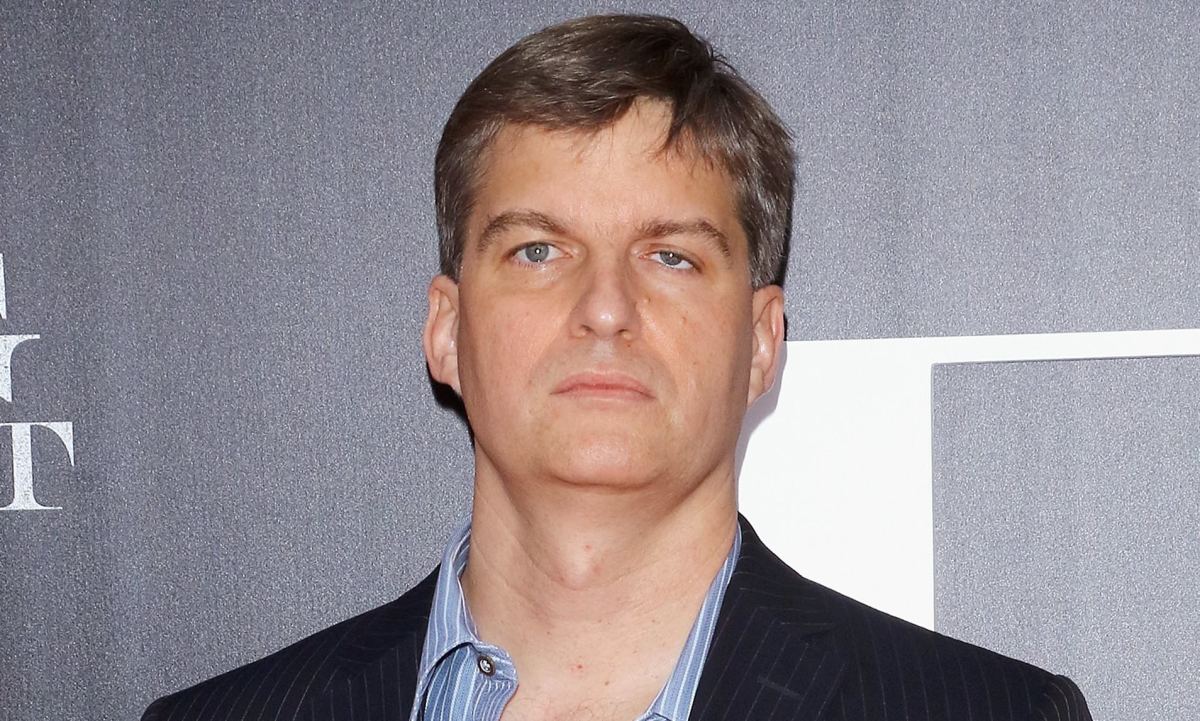In the last quarter, Michael Burry shifted his investment strategy by exiting his positions against the S&P 500 and Nasdaq 100, only to initiate a new play targeting semiconductor stocks, as per his latest portfolio update released on Tuesday.
During the second quarter, Burry’s Scion Asset Management had acquired bearish put options on the SPDR S&P 500 and Invesco QQQ. However, the most recent Securities and Exchange Commission filing revealed the absence of these positions. Instead, Scion opted for puts on 100,000 shares of Blackrock’s iShares Semiconductor ETF, amounting to a nominal value of $47 million. Notably, this ETF is prominently linked to Nvidia, a graphics-chip specialist whose stock has experienced a significant surge this year, largely driven by the excitement surrounding artificial intelligence.
In the preceding quarter, the value investor took significant steps to streamline his firm’s portfolio. The number of positions was reduced from 33 to 13, resulting in a reduction of the total value from $111 million to $44 million.
It is noteworthy that Burry, who typically undergoes a comprehensive portfolio overhaul every three months, deviated from this pattern by increasing his stakes in Euronav, Hudson Pacific Properties, Nexstar Media, Safe Bulkers, Star Bulk Carriers, and Stellantis. Meanwhile, he divested other positions and scaled down his investments in Crescent Energy and The Real Real. Additionally, Burry made strategic moves by acquiring shares in Alibaba and Booking.com, while also entering into put options.
Michael Burry gained widespread recognition for his notable bet against the mid-2000s housing bubble, as detailed in the book and movie “The Big Short.” His early investment in GameStop, well before it became a meme stock in early 2021, further solidified his reputation. Over the years, he has made notable bets against Elon Musk’s Tesla and Cathie Wood’s Ark Innovation fund.
Known for his cautionary outlook, Burry has issued stark warnings and predictions. In the summer of 2021, he raised concerns about the “greatest speculative bubble of all time in all things” and cautioned investors in meme stocks and cryptocurrencies about the potential for the “mother of all crashes.”

